Is the world going to hell?
Our quest to find hope
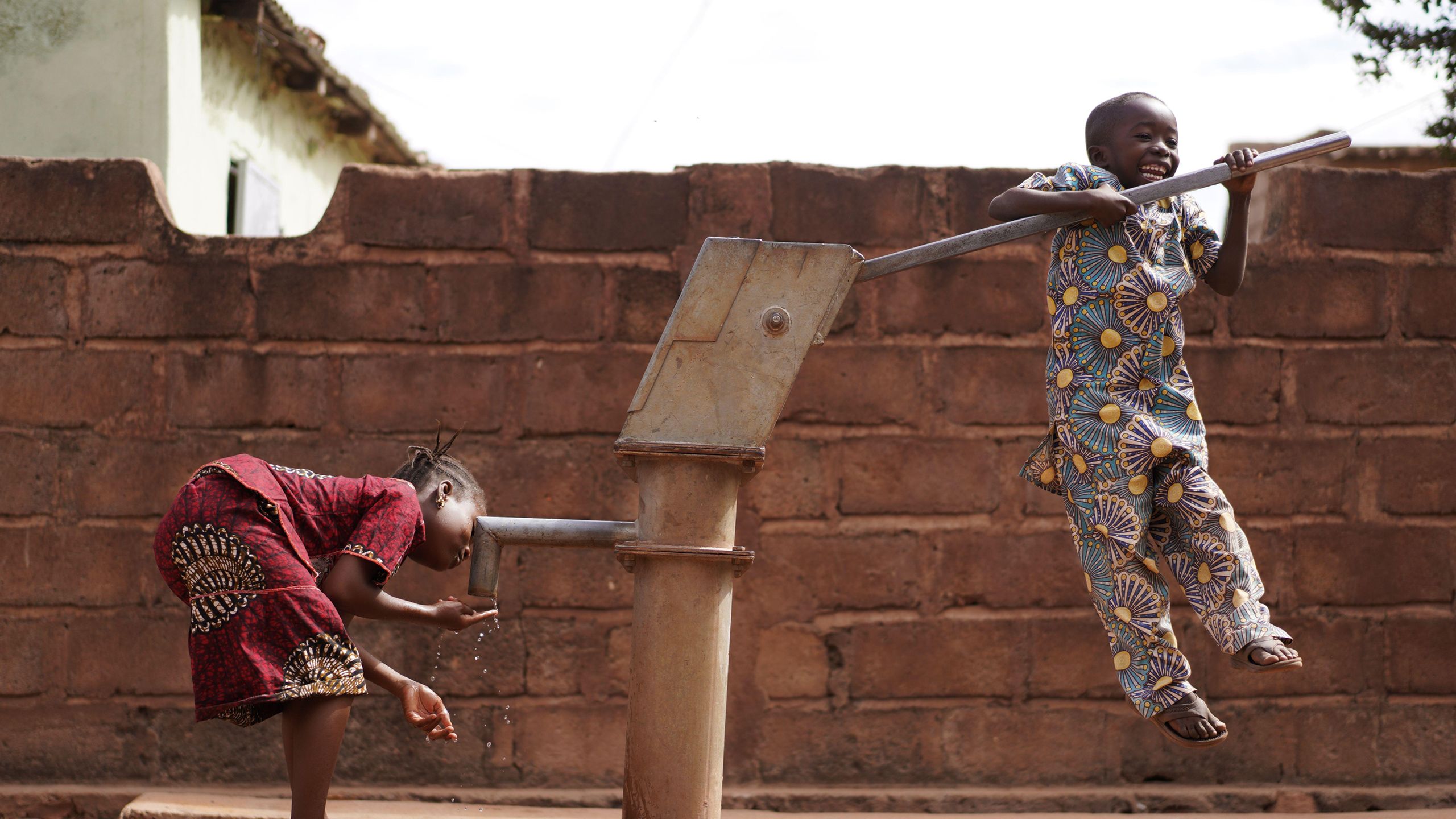
The morning sun creeps through the nooks and crannies of the city. The spring birds chirp and for a moment the world seems light and bright. But the media is full of stories of war and distress – and every year here at the Norwegian Refugee Council (NRC), we present our list of the crises the media doesn’t see.
Is anything positive happening out there at all?
What if we set out on a quest for hope?
We start by writing a post to our colleagues on NRC’s internal network:
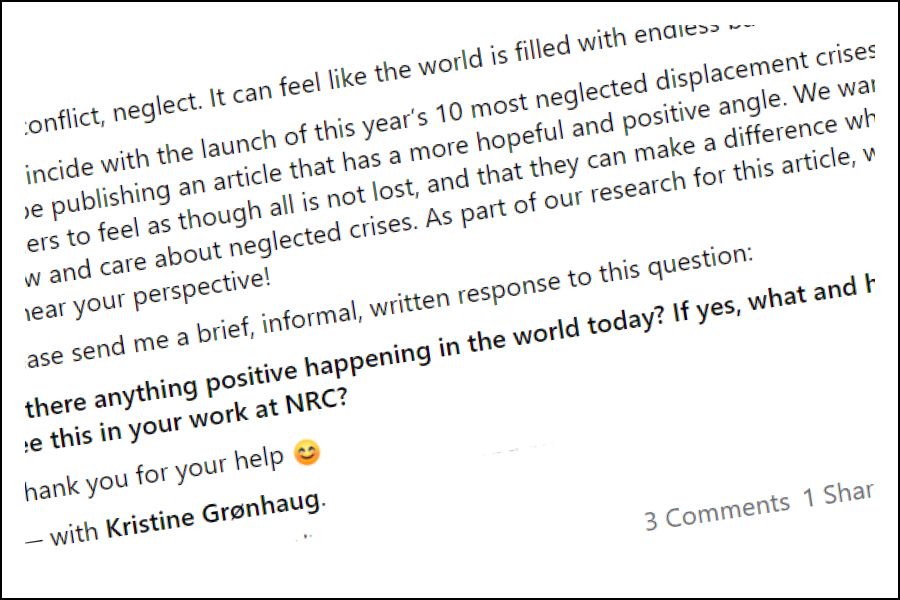
“Please send us a short, informal and written answer to this question:
“Is there anything positive happening in the world today?”
Then we send the same question to a group of researchers in the field of international affairs.
First contact
We receive several responses to our email. One of them is from Cedric de Coning at the Norwegian Institute of International Affairs (NUPI):
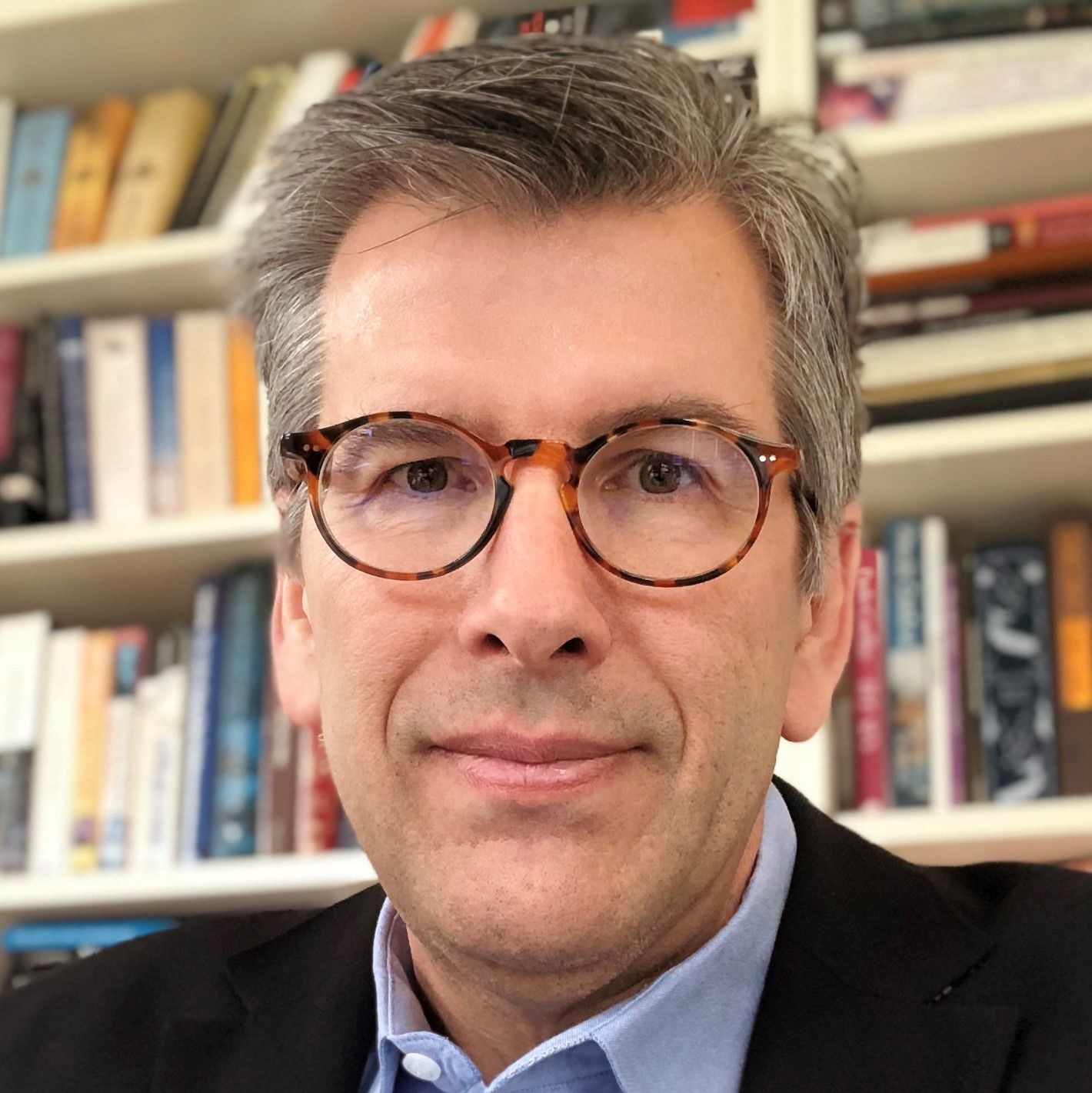
Cedric de Coning is a research professor in the Research Group on Peace, Conflict and Development at the Norwegian Institute of International Affairs (NUPI). Photo: NUPI
Cedric de Coning is a research professor in the Research Group on Peace, Conflict and Development at the Norwegian Institute of International Affairs (NUPI). Photo: NUPI
“What a nice ‘out of the blue’ and ‘big picture’ question to try to answer,” the professor replies.
“I would answer the ‘anything positive’ question by saying that to me the Covid-19 pandemic has shown that we are much more resilient than what most analysts predicted. I have been editing the ACCORD Covid-19 Conflict and Resilient Monitor over the past year, focusing on Africa, and it was very interesting to see that despite the most significant disruption to people’s daily lives during the original lockdowns – which in most African contexts literally meant people were cut off overnight from a source of income (daily wages or micro-trading) – somehow African societies and communities rallied together, helped each other and managed to get through the crisis.”
“...communities rallied together, helped each other and managed to get through the crisis.”
He continues:
“This cooperation vs chaos response to crisis has also been observed in many other crises.”
The suffering of millions of people is being ignored. You have the power to change that.
Social ties
In the reception area at NRC’s head office in Oslo, we meet one of our colleagues, Hamelmal Getachew Tsegaye, NRC’s global economic inclusion specialist. She’s about to head off on a trip.
“I’m on my way to Afghanistan and will be gone for two weeks. I just stopped by the office to pick up some boxes of work clothes to take to our colleagues: t-shirts, vests and caps with NRC’s logo.”
“We are trying to find out if there is anything positive happening in the world. Do you have any thoughts on that?”
“The first thing I think of is the social ties in every community you visit or travel to. Although the conditions are different, they all have these ties that hold them together. This enables them to cope with crises, despite the great challenges we see they have.
“Many local communities manage to solve their problems themselves, without necessarily having to wait for outside help. That gives me hope. It leads to a better world.”
Crises create community
Cedric de Coning’s email makes us feel hopeful, and we read on:
“This cooperation vs chaos response to crisis has also been observed in many other crises. I will paste a section from an article I have written about it:
“In A Paradise Built in Hell: the Extraordinary Communities that Arise in Disaster (2009) Rebecca Solnit documents with examples from the Mexico City earthquake, the 9/11 attacks in New York City and Hurricane Katrina in New Orleans, amongst others, how many ordinary people rose to the occasion, organised themselves, and demonstrated altruism, resourcefulness and generosity amid the grief and the disruption of their everyday life caused by these disasters. She argues that these kinds of crises give rise to opportunities for purposefulness, a sense of community, and meaningful work that most people desire, but that is often unmet in our normal rushed lives in developed economies.”
Humanity has improved
“It is difficult to find a more positive and useful way to spend your time than working for NRC,” says advocacy specialist Eirik Christophersen.
He has worked for NRC for 25 years and is currently writing a history book about the organisation, in connection with our 75th anniversary.
“Does this mean that you are hopeful for the future?”
“Absolutely. Think, for example, of protecting the internally displaced. NRC has always stood up for this group, and not just for refugees (that is, people who flee across national borders).”
“How many of the total number of displaced people are internally displaced?”
“I think there are about twice as many as there are refugees. It seems like – and I am optimistic – humanity has improved in so many ways. While we are seeing great increases in the number of internally displaced people, we have also seen millions of people lifted out of poverty, for example. If that has been possible, it must also be possible to do something to reduce the number of internally displaced people. It will be interesting to follow developments in the years to come.”
“Has anything positive happened for refugees, then?”
“The most positive thing that has happened for refugees is that Trump is no longer president.”
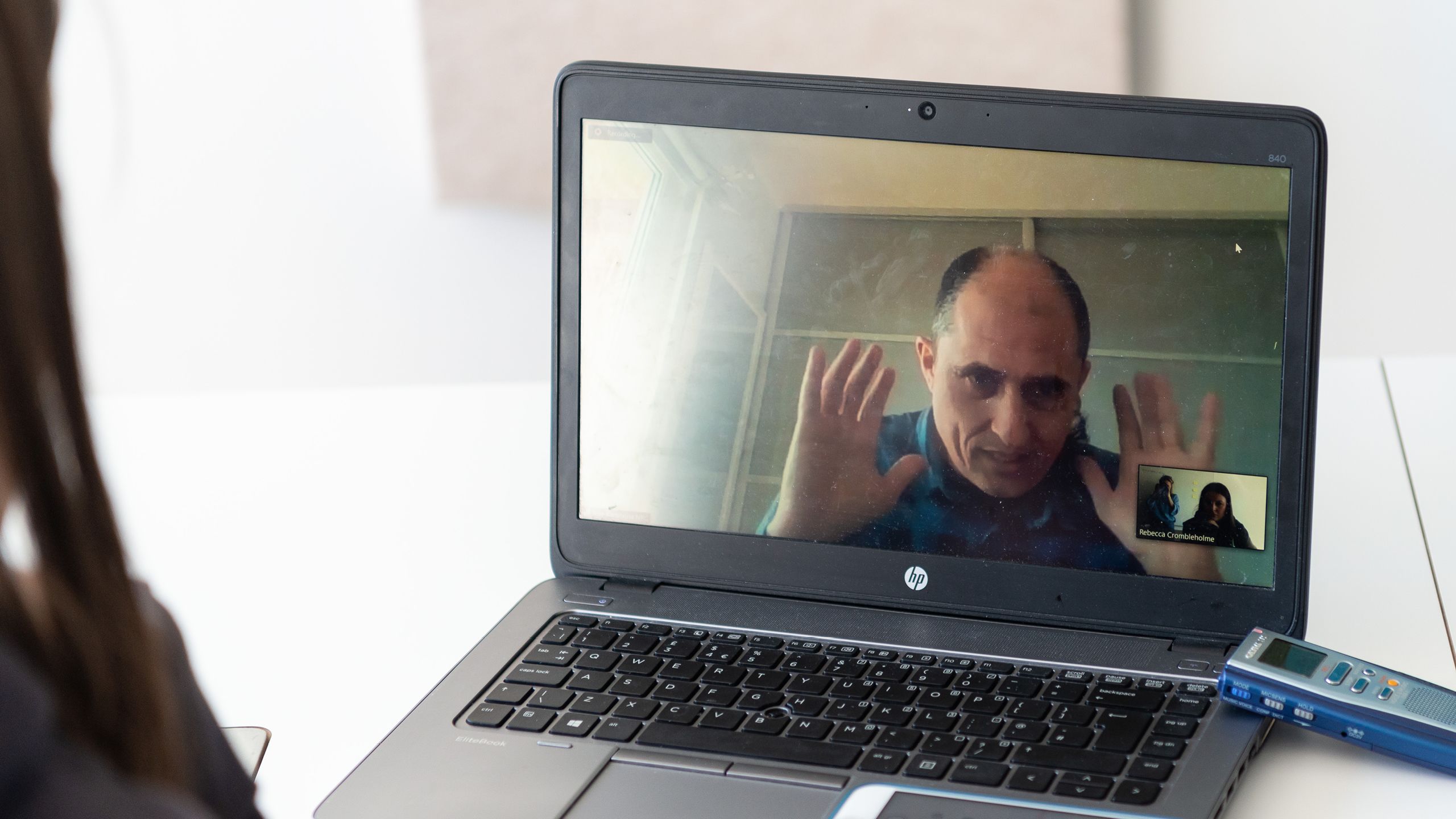
He normally travels the world on assignment for NRC, but when we meet him, Jose Luis Garcia Barahona is at his home in Asker, Norway. Photo: Beate Simarud/NRC
He normally travels the world on assignment for NRC, but when we meet him, Jose Luis Garcia Barahona is at his home in Asker, Norway. Photo: Beate Simarud/NRC
The best time in history
Jose Luis Garcia Barahona is NRC’s emergency response director. We call him on Zoom and his face appears on the computer screen:
“Hi Jose! Where in the world are you now?”
He smiles:
“In Asker (outside Oslo). I’m in a very small house with a very big view,” he answers and turns the camera towards the window where we see a sparkling sea and coniferous forest with trees that stretch up towards the blue sky. He asks:
“Where are you?”
“We usually work from home, but right now we are in the office.”
“And risking your life,” he says with a short laugh – a reference to the ongoing Covid-19 restrictions around office working.
“Have you been out travelling lately?”
“No, like so many others, I’ve been stuck because of the pandemic. The last time I travelled was last autumn, when I went to Sudan and Mozambique.”
“We would like to ask you a question: Is there anything positive happening in the world today?”
“Do you mean in the humanitarian sector or more generally?”
“It’s up to you.”
“As a couple of professors say in some of the books I have read: this is perhaps the best time in history to be born into. Life expectancy is higher than ever, and the percentage of people living below the poverty line is the lowest in history. More people go to school than before, and the number of people who die of hunger has never been lower.”
Children provide hope
“It can be a little overwhelming sometimes,” says NRC’s global media adviser, Catriona Loughran.
“Those of us who work in the media department are bombarded with heavy news, breaking news, constantly. Displacement, climate change, conflict issues, emerging conflicts in far-flung places of the world. Lots of refugees, displaced people. So it can consume you a lot of the time. You go home from your day and you are thinking: ‘Goodness me, is the world ever going to change? Is it going to improve?’
“But then you will get the positive news. And you see the positive news in your daily life, you see the human condition, like how resilient people can be during times of crisis. You see that when you go out and interview people. And a lot of them don’t focus on the negativity. Yes, they need shelters, food and water. But they will also tell you ‘but my child was able to get education’, or that the child has schoolbooks. And their children will come in and show you the cartoons and pictures that they drew in school that day.
“In any country and culture, children are positive elements to life. Because they bring so much happiness to so many people. Yes, they live in poor environments, but a lot of the time, I have noticed that mothers especially get such a sense of hope and reassurance from their children. So for me, it is always about children and seeing what they can do and the benefits that they can bring in all of our lives.
“That gives me hope.”
The suffering of millions of people is being ignored. You have the power to change that.
Back to our Zoom meeting with Jose Barahona:
“If you look at the UN’s Sustainable Development Goals individually,” Barahona continues, “you will see that – as in the case of girls’ education – there have been radical, yes, really radical changes! I think that nearly 80 or 90 per cent of girls worldwide are now able to attend primary school. That may not sound so impressive, but 50 years ago, only half of the world’s girls received an education.”
In the past, the world just shrugged its shoulders
“NRC works in areas of conflict and crisis. Not to be negative, but overall, doesn’t that entail a lot of misery?”
“But remember that there are far fewer major conflicts in the world than ever before. And the conflicts that exist – and many of them are horrible – are still ‘weaker’ in the sense that, during the last 30–40 years, there have been very few cases of conflicts between states. Very few! Historically, we see that conflicts between states were particularly cruel because states had access to the weapons that kill the most people. Today, we have first and foremost conflicts between armed groups, and they usually have weapons with less capacity for mass killing. That being said, for the people who live there, it’s awful.”
“Not to mention the climate crisis, which is a real cause for concern.”
“Today, we have more and more proxy conflicts between states (conflicts where two parties use a third country in the fighting), and that is a major issue. Not to mention the climate crisis, which is a real cause for concern. There is a lot of bad news. But you asked for good news. I’m not presenting a naive picture to you now, I’m just focusing on the positives.”
Colleagues who sacrifice everything
Maureen Magee is NRC’s regional director for Central and West Africa – one of the most neglected regions in the world.
“In Central and West Africa, we have a lot of conflict and food insecurity, and we continue to see the impact of climate change. Despite all of that, we have tremendous colleagues who, every day, get up and go to work in order to help to provide protection to people in need.”
She continues:
“But I think even more so than that, it’s the communities themselves. It’s the families themselves who have faced so much adversity and yet, when you arrive in a community, they’re willing to share what they have with you. They’re willing to share their stories, they’re willing to laugh, they’re willing to dance. You know, kids are kids. Even though they have been through tremendous adversity, children everywhere remain children. I think that’s incredible positive. Everyone is trying to improve the situation, particularly for families.”
We ask Barahona a slightly pessimistic question:
“But isn’t the world being devastated by drought, swarms of destructive insects, typhoons, hurricanes, conflicts and displacement crises?”
“Yes, but what’s new – unlike 50 years ago – is that we now have a humanitarian sector that cares about what’s happening and is reacting to it. That wasn’t the case before,” Barahona answers and continues:
“The most positive thing that has happened is that, today, it is no longer acceptable that there is a crisis in Syria or in Ethiopia or wherever it may be. Or that thousands of people die from cholera, hunger, malaria – without us doing anything about it. Now, we have an entire sector that raises the red flag and tells the world what is happening. We have much better data now. It triggers a much stronger reaction.”
He stops for a moment and then says:
“It’s a big deal, really.”
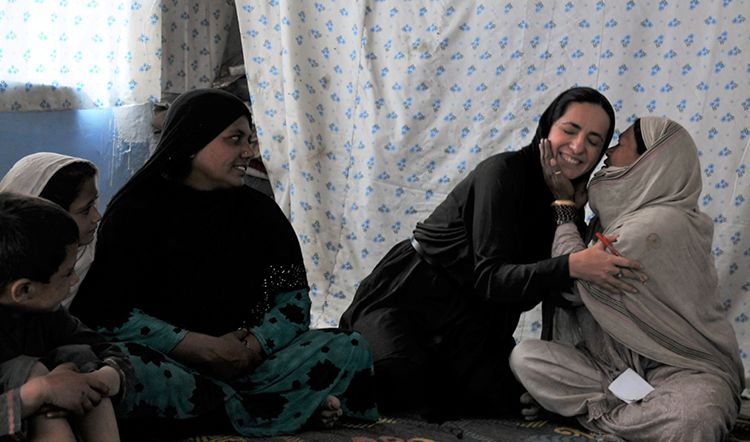
Perhaps solidarity among women is something that is increasing in the world? At least that’s what Miriam Lopez thinks. Here she is in Kabul. Photo: Private
Perhaps solidarity among women is something that is increasing in the world? At least that’s what Miriam Lopez thinks. Here she is in Kabul. Photo: Private
Solidarity among women
“One positive thing that comes to mind is solidarity among women,” says Miriam Lopez.
She is our global shelter specialist and focuses on providing shelter for displaced people. She has previously worked for NRC in Lebanon, Afghanistan and Iran.

Perhaps solidarity among women is something that is increasing in the world? At least that’s what Miriam Lopez thinks. Here she is in Kabul. Photo: Private
“When you ask if there is anything positive happening in the world, I would say that I think solidarity among women is something that is increasing, in a more evident and intentional way. We now have a group that consists of women in the sector and was formed based on the needs of colleagues who work in humanitarian aid. The group was created about a month ago, and we currently have 200 members across all continents. I think it’s very important to acknowledge our expertise as well as the experiences we have as women in the shelter humanitarian sector. In this group, we openly support and inspire each other. And that will make us even better humanitarian aid workers.”
A little help brings radical change
From his house in Asker, Barahona shares more positive thoughts:
“So you haven’t lost hope, Jose?”
“No, I’m not planning to move to Catalonia to grow carrots. Because there is so much good happening. I’ve seen people who have not eaten for several days start crying because they receive USD 50 from us. Now, they can go to the market and buy food for a month! It’s a radical change.”
The suffering of millions of people is being ignored. You have the power to change that.
“Dare not to sleep”
“Unfortunately, the only thing that seems to be positive in the most recent part of human development is that it seems that there is a slightly greater understanding that we are all together on the planet. And that what affects others will also affect us,” writes Stener Vogt to us.
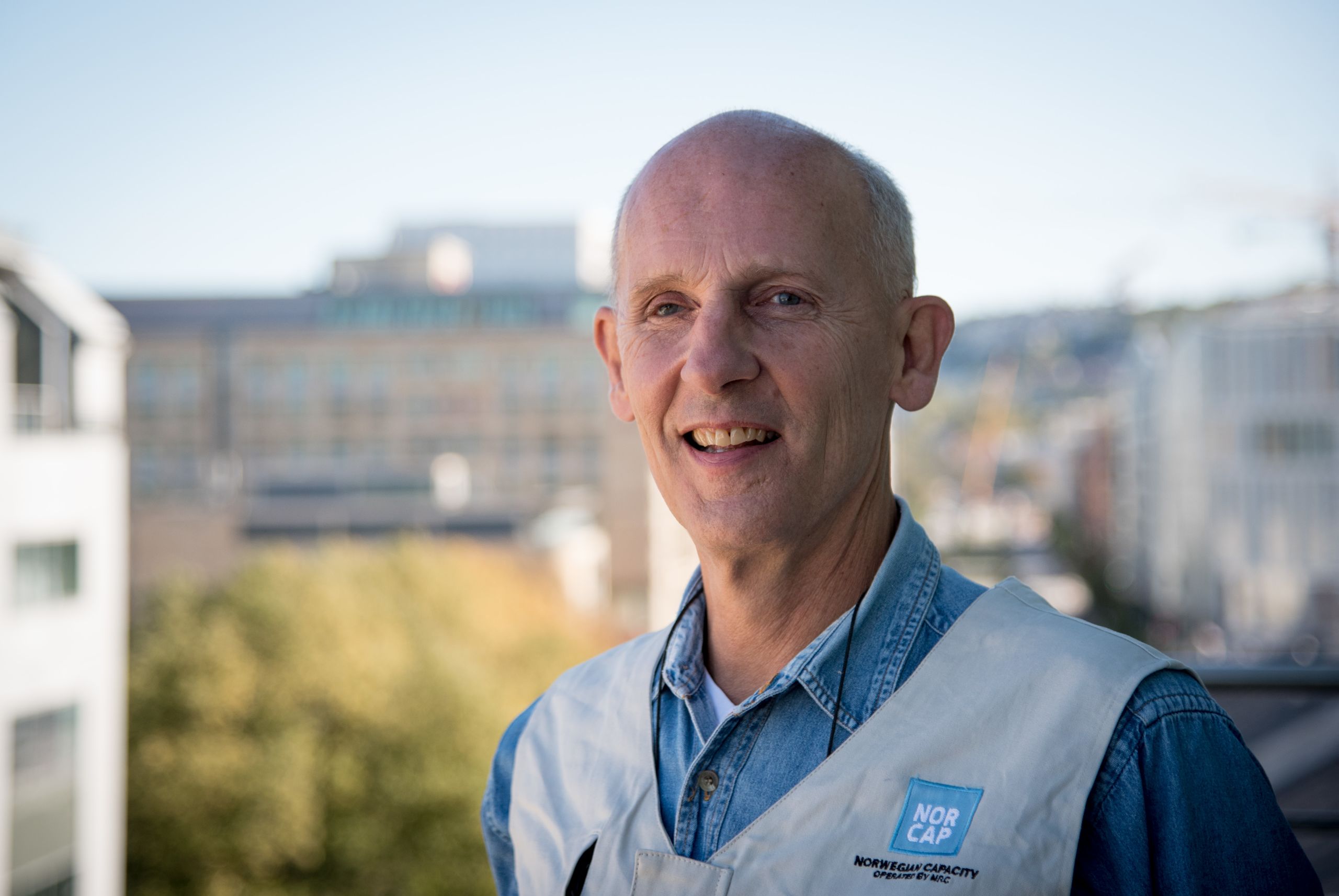
Stener Vogt works for NORCAP.
Stener Vogt works for NORCAP.
Vogt is one of the experts working with NRC’s global provider of expertise, NORCAP. He continues:
“For me, the poem by Arnulf Øverland, ‘Dare not to sleep’, has always been a guide:
“… You oughtn’t abide, sitting calm in your home
Saying: Dismal it is, poor they are, and alone
You cannot permit it! You dare not, at all.
Accepting that outrage on all else may fall!
I cry with the final gasps of my breath:
You dare not repose, nor stand and forget ...”
(Translation: Wikipedia)
Our meeting with Barahona is coming to an end:
“Do you have other positive examples of things you’ve seen first-hand, Jose?”
“If you go to northern Mozambique, for example, you will meet people who have fled their homes. You see children wandering around with nothing to do. We set up a school, and even though the conditions there are really humble, the children are suddenly back in something resembling the school they attended before they were forced to flee. Now they are with other children, playing and laughing.”
Barahona shakes his head:
“It is impossible to lose hope.”
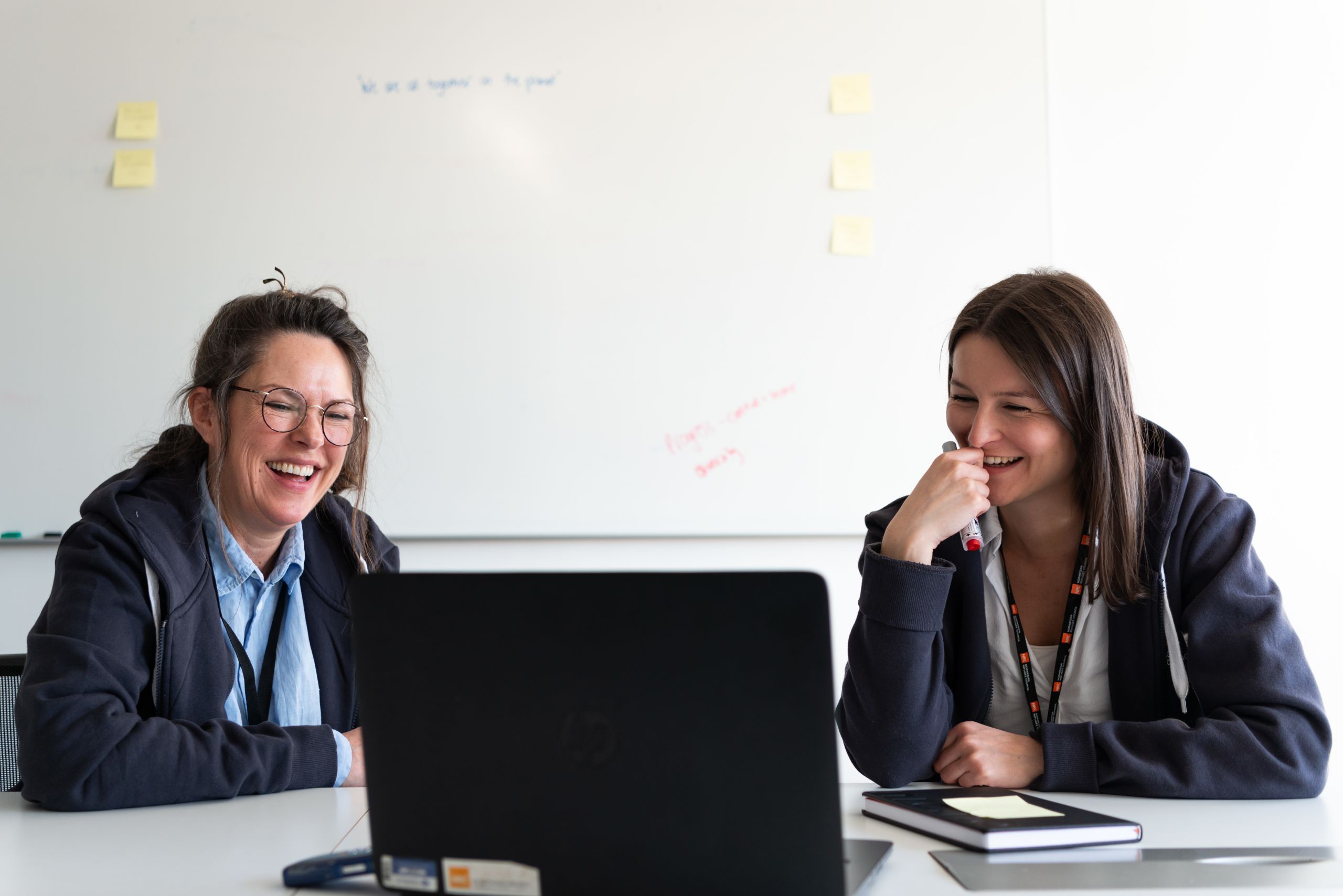
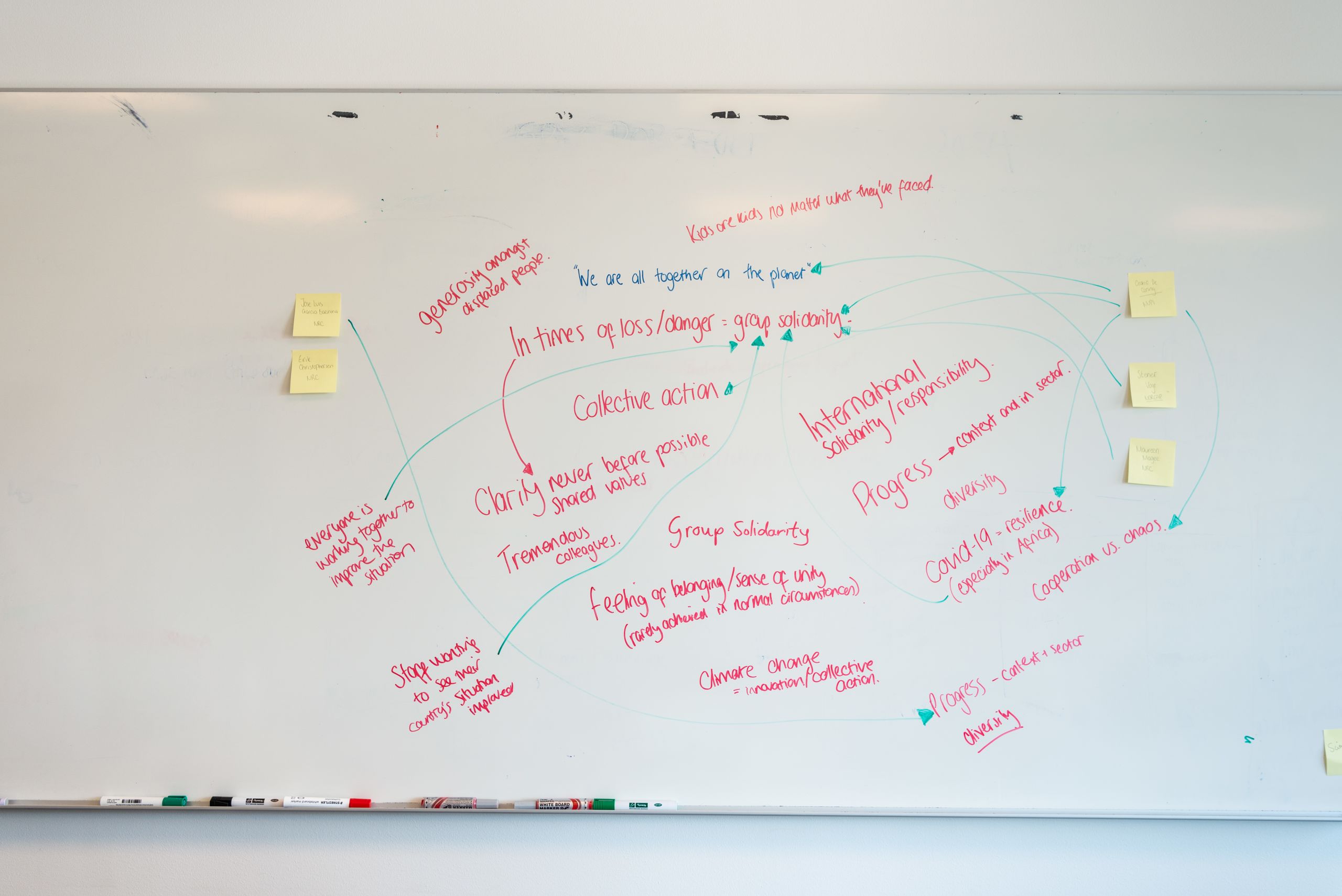
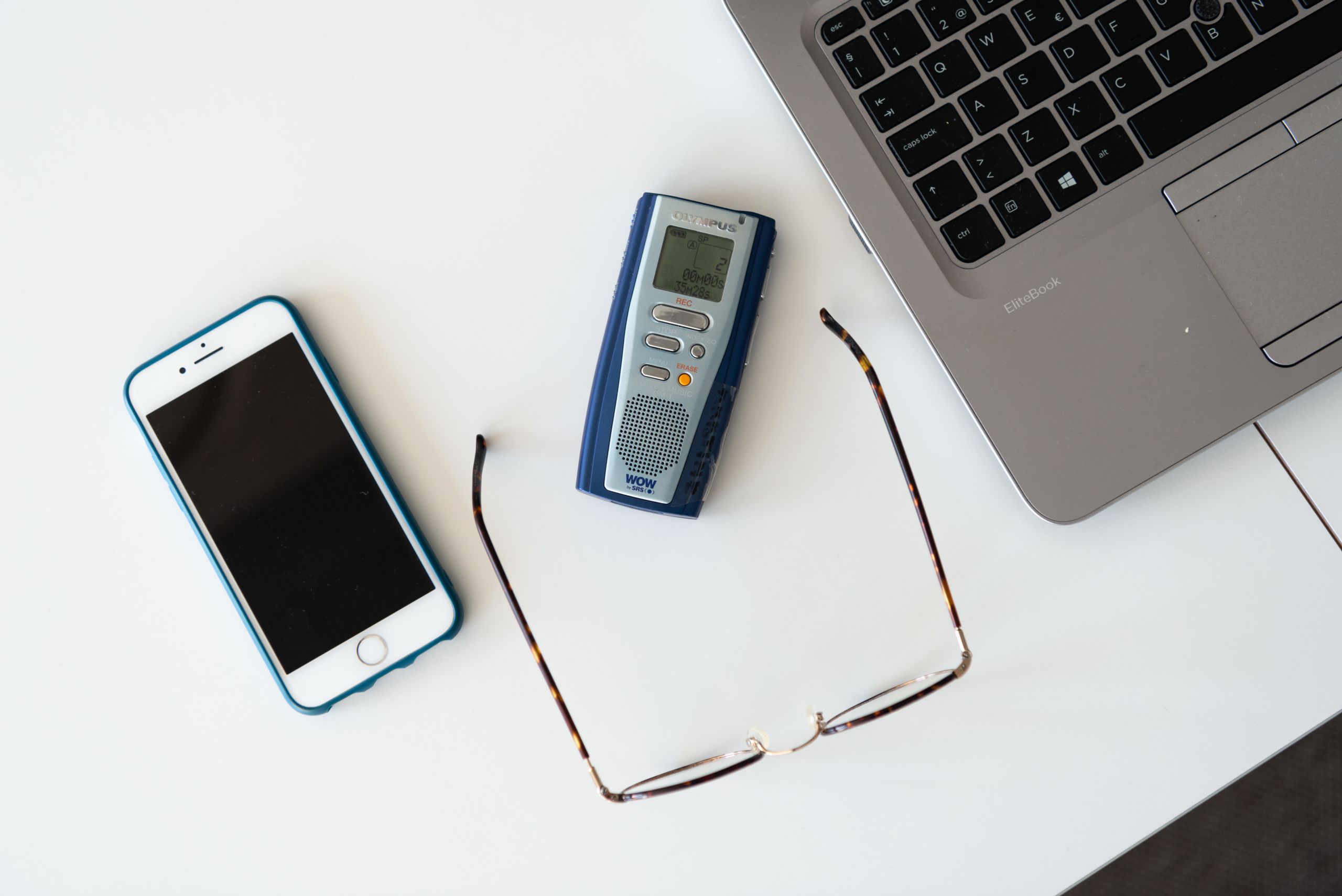
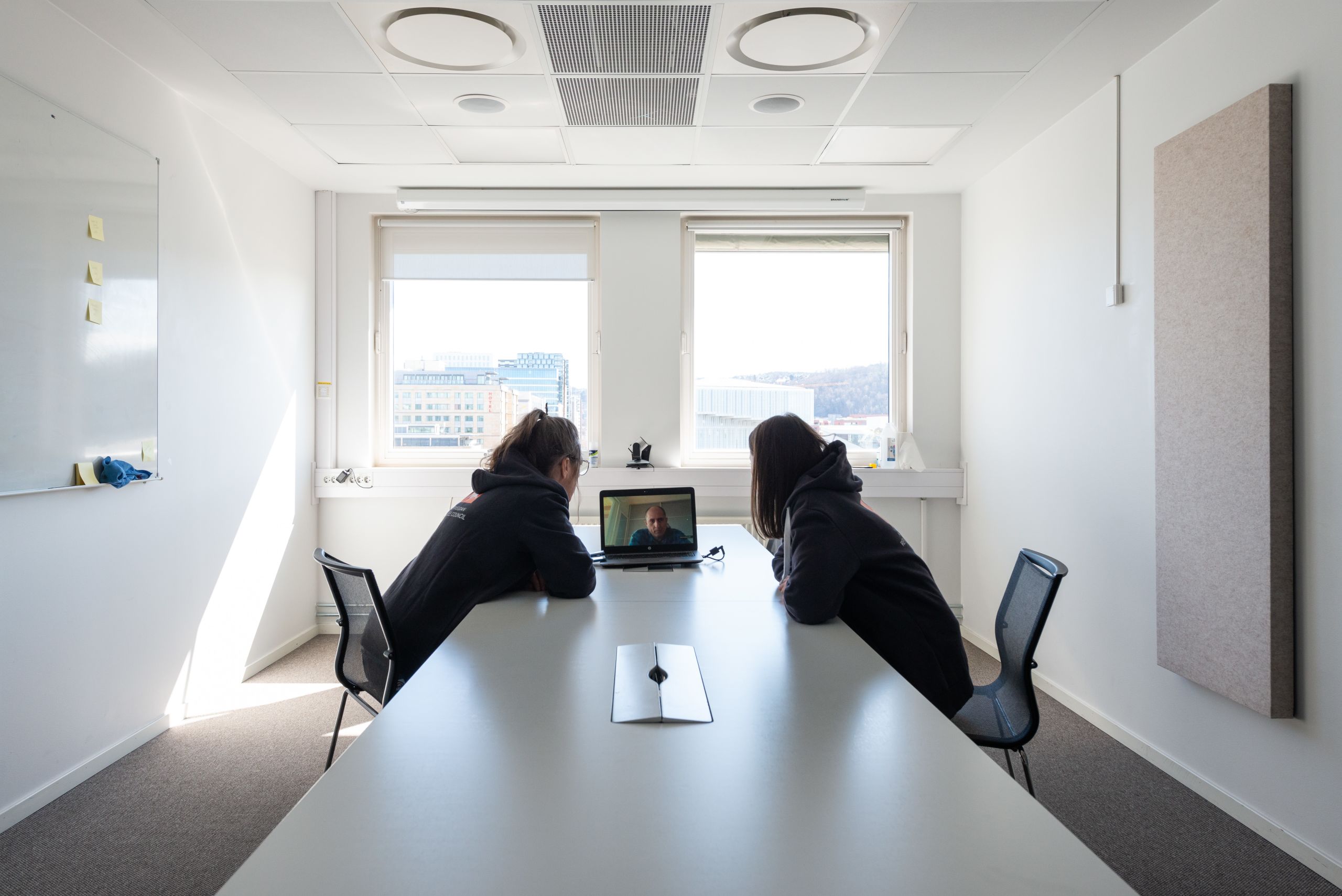

Kristine Grønhaug and Rebecca Crombleholme work in communications at NRC. Photo: Beate Simarud/NRC
Kristine Grønhaug and Rebecca Crombleholme work in communications at NRC. Photo: Beate Simarud/NRC

We write down positive thoughts that appear along the way. Photo: Beate Simarud/NRC
We write down positive thoughts that appear along the way. Photo: Beate Simarud/NRC


We thank Barahona for the chat. Our conclusion is: we are looking forward to the future. Photo: Beate Simarud/NRC
We thank Barahona for the chat. Our conclusion is: we are looking forward to the future. Photo: Beate Simarud/NRC

